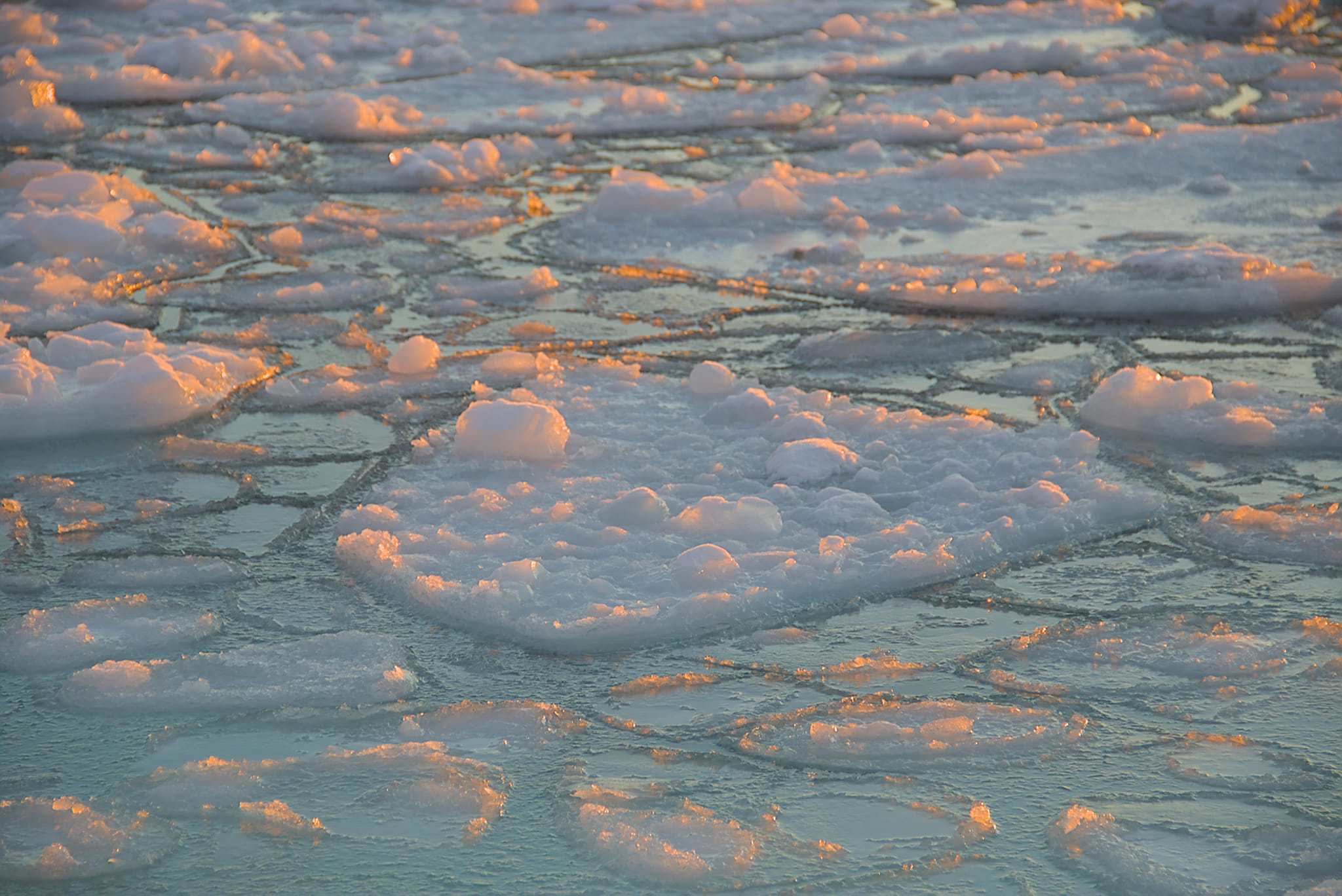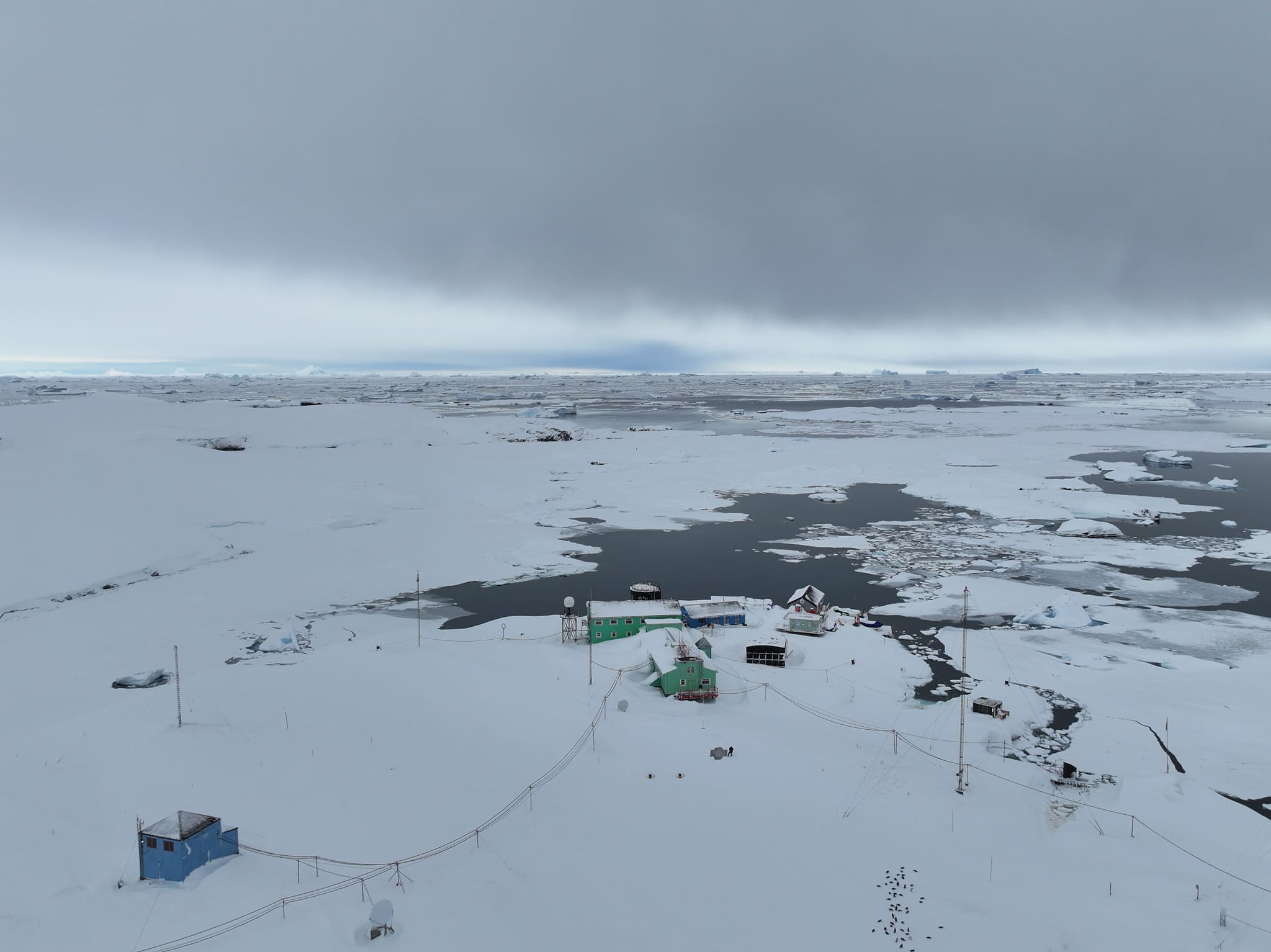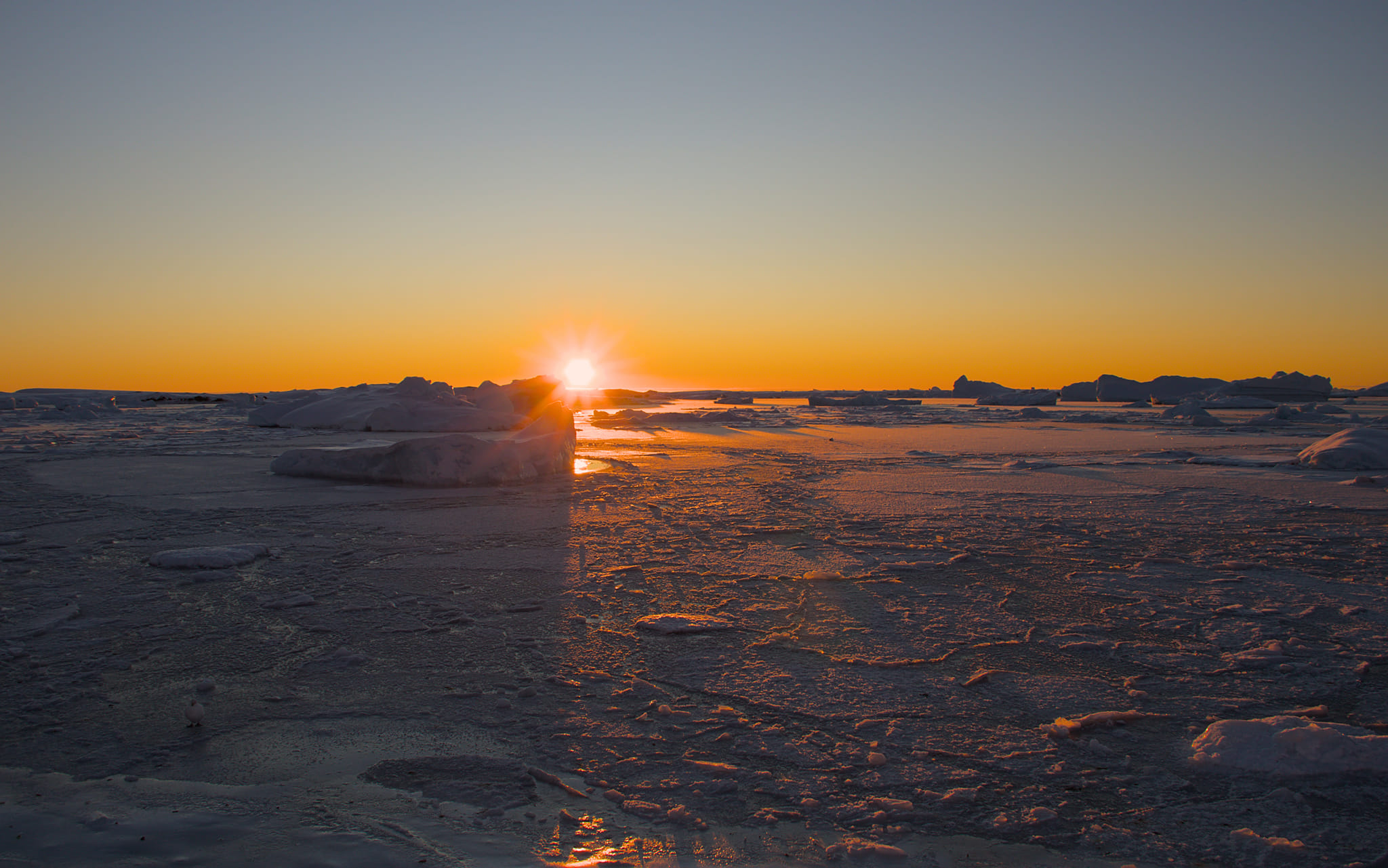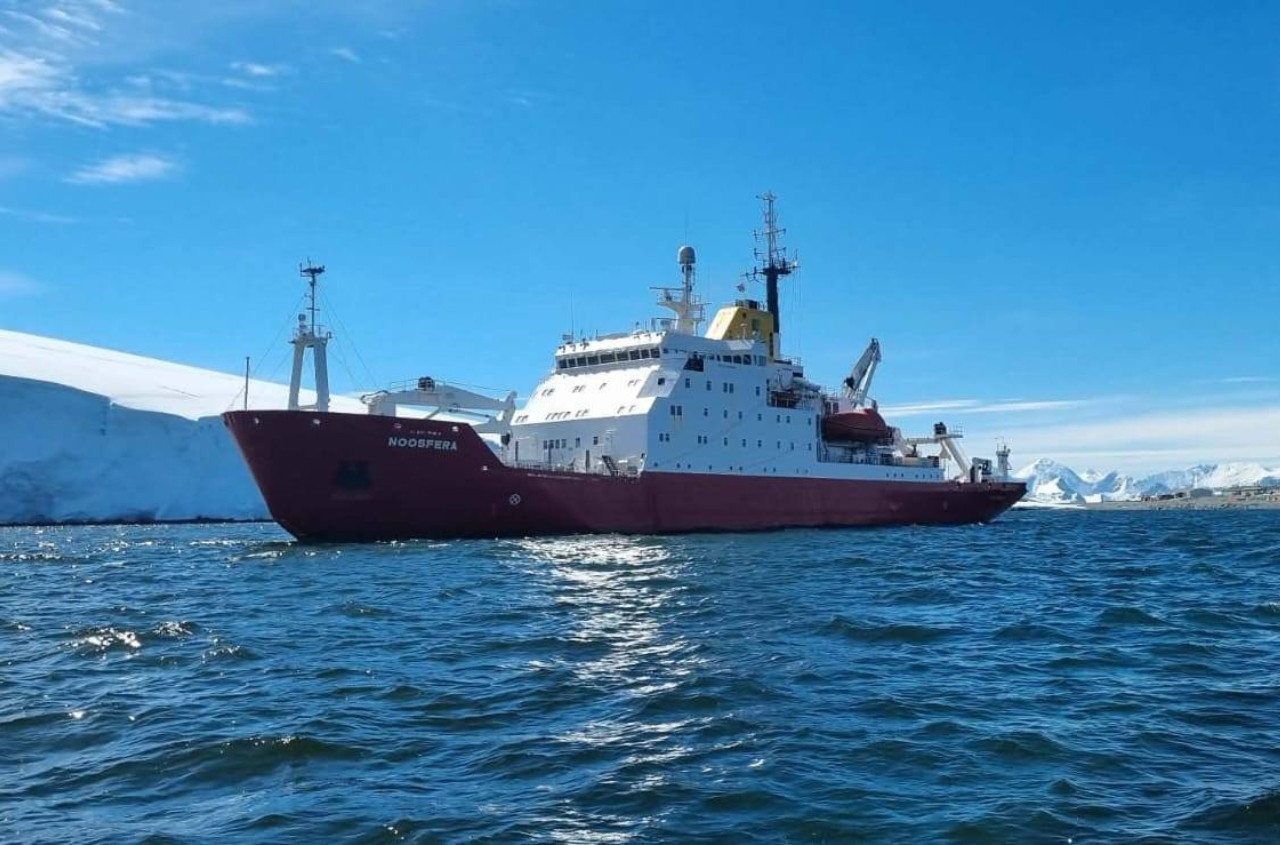Ukrainian polar researchers at the Vernadsky Research Base recorded the coldest winter in Antarctica in six years, according to the National Antarctic Scientific Center (NASC) on Facebook.
The NASC noted that in July, meteorologists predicted a cool and low-snow winter for 2024. This was due to a cold water mass forming west of the Antarctic Peninsula in May, which has since expanded across western Antarctica.
"This winter diverged from the recent warming trend and positive temperature anomalies, becoming the coldest in six years," the report states.
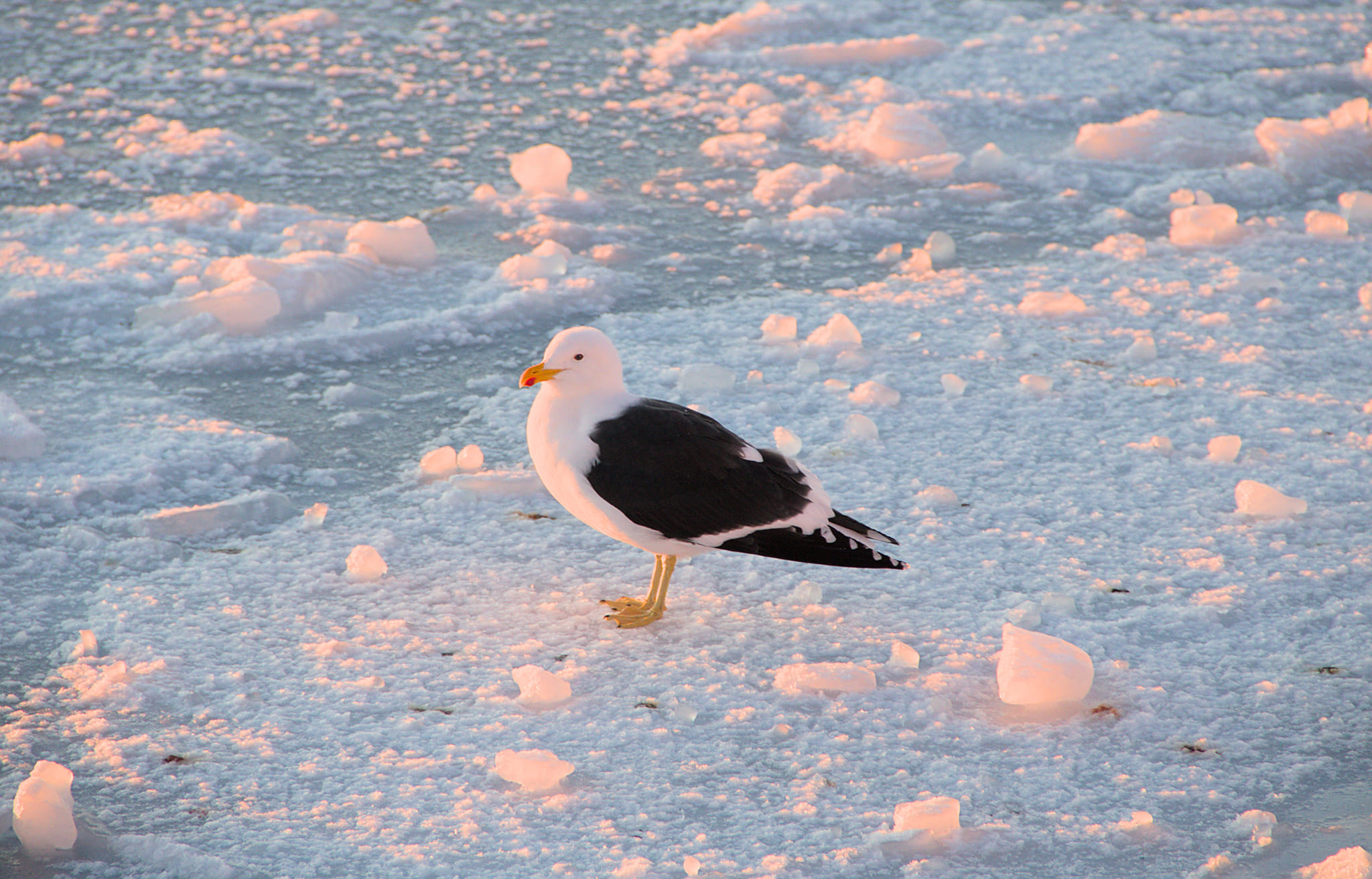
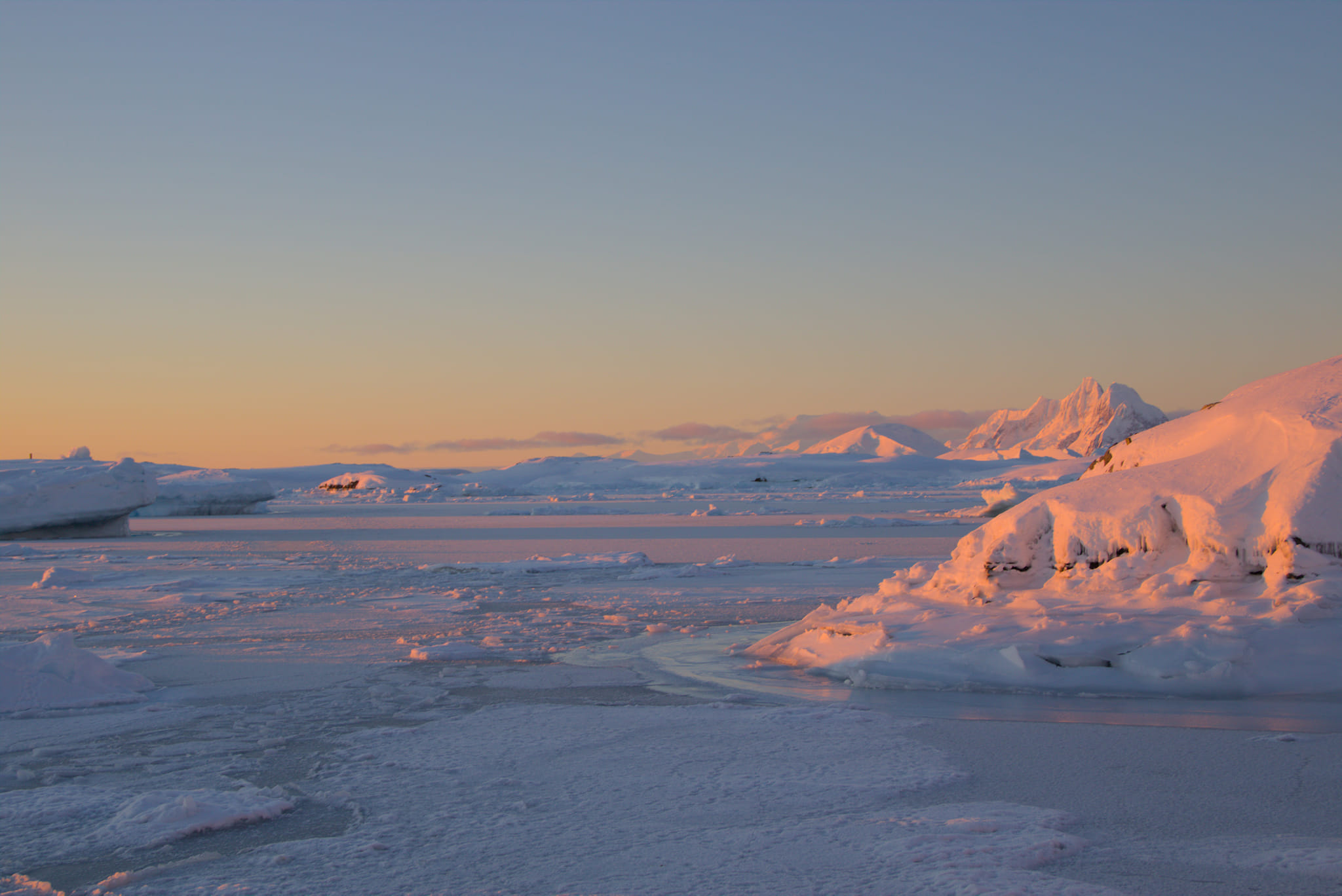
Despite the lowest temperature reaching only -14.7°C, long-lasting cold spells were evident. Previous autumn months were also colder than the current norm. Snow accumulation near the station was relatively modest—180 cm compared to 300 cm in 2022. This aligns with the characteristics of cool winters, dominated by dry air masses from the continent.
However, a significant amount of sea ice formed around the station, which is vital. This ice prevents the ocean from releasing heat into the air and heating up from solar radiation. Additionally, it serves as a crucial habitat for Antarctic wildlife.
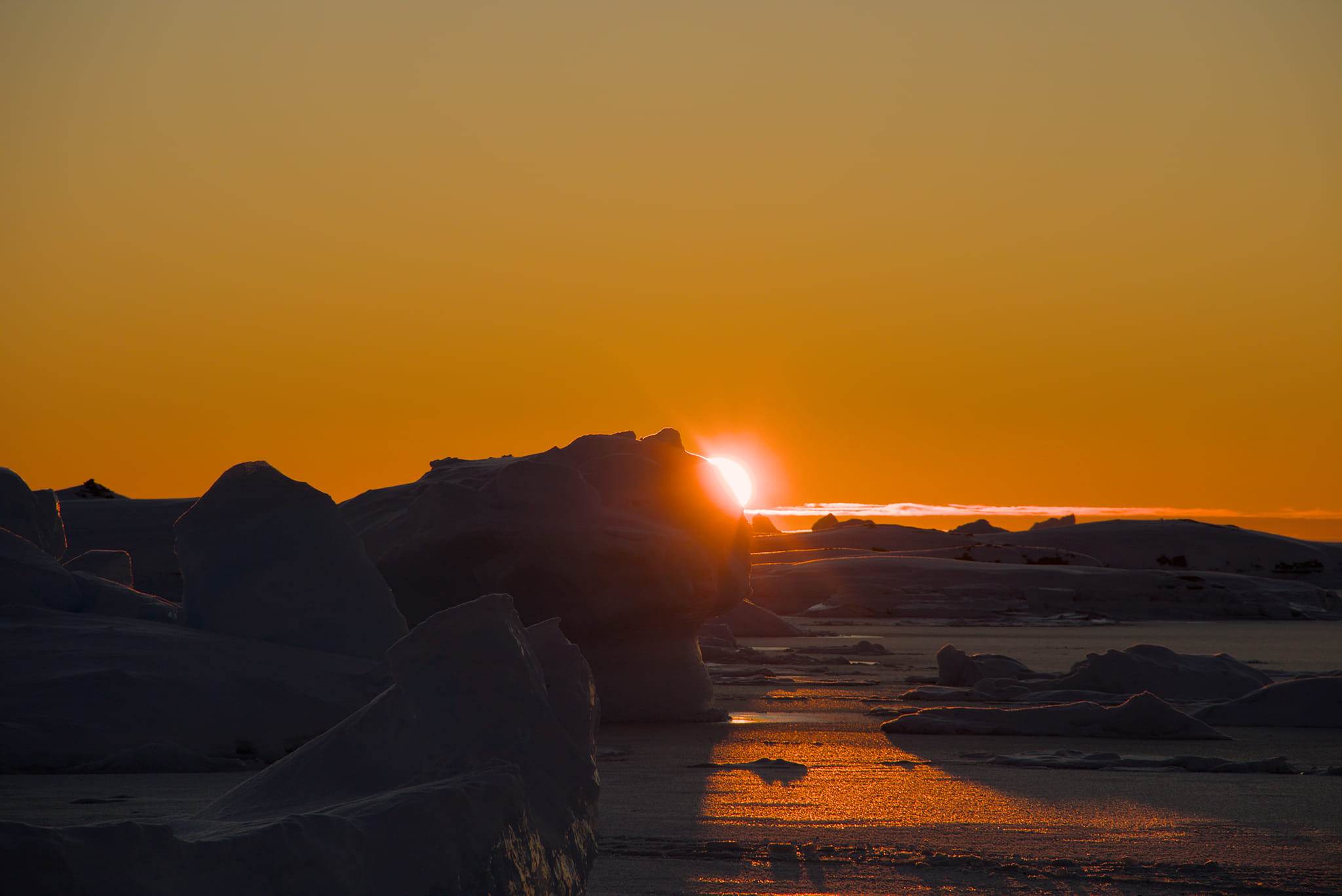
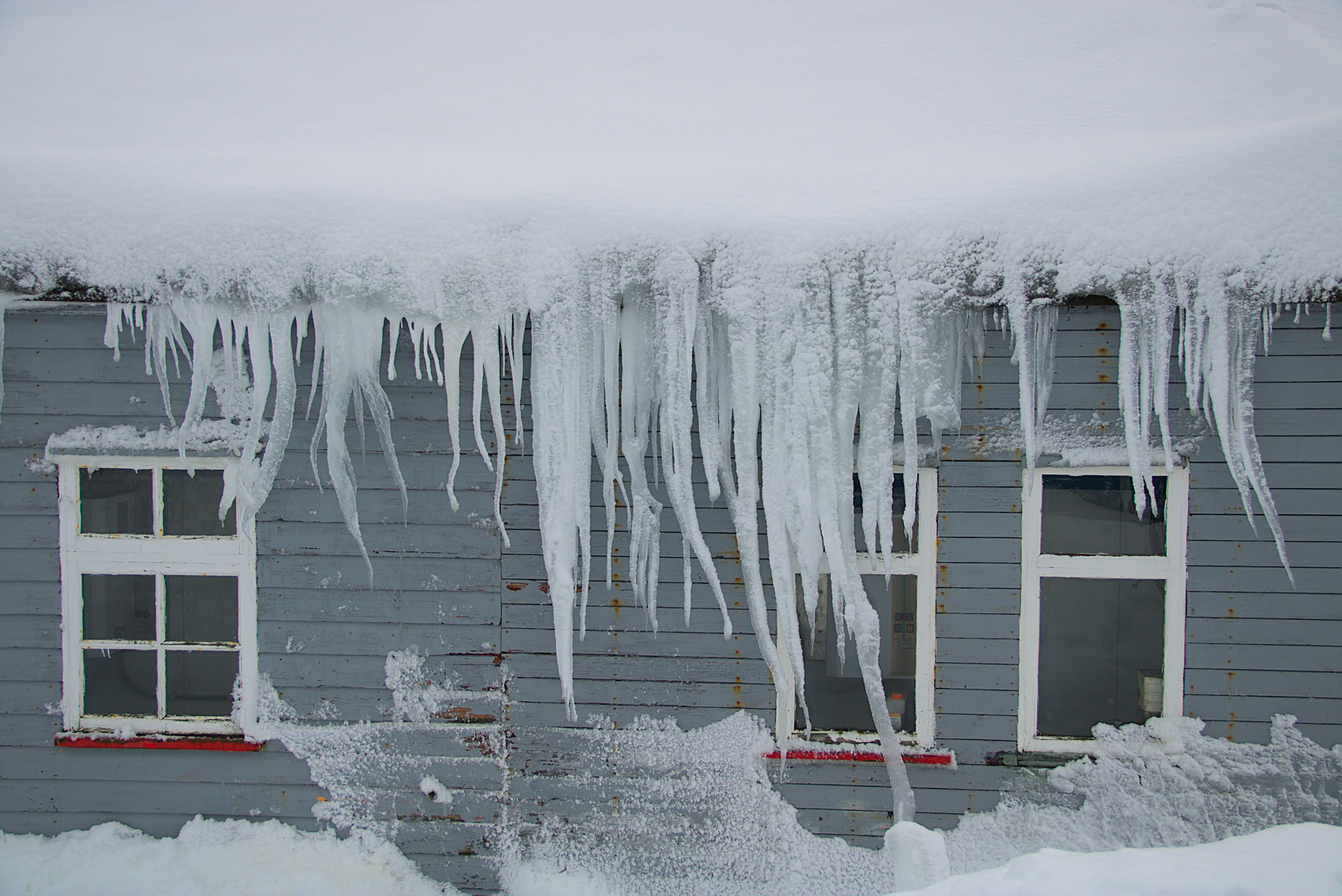
Last winter saw minimal ice formation near the Vernadsky Research Base and in Antarctica overall, negatively impacting the ecosystem. This year, the spread of cold water masses has mitigated significant warming near the station, ensuring a more favorable environment for nearby glaciers during the summer.
In September, meteorologists recorded an all-time wind speed record of 42.5 m/s at the station.
The NASC also recalled that the winter of 2022 was the warmest on record, while 2023 brought a "hot" anomaly, with temperatures reaching a record +8.7°C in July.
